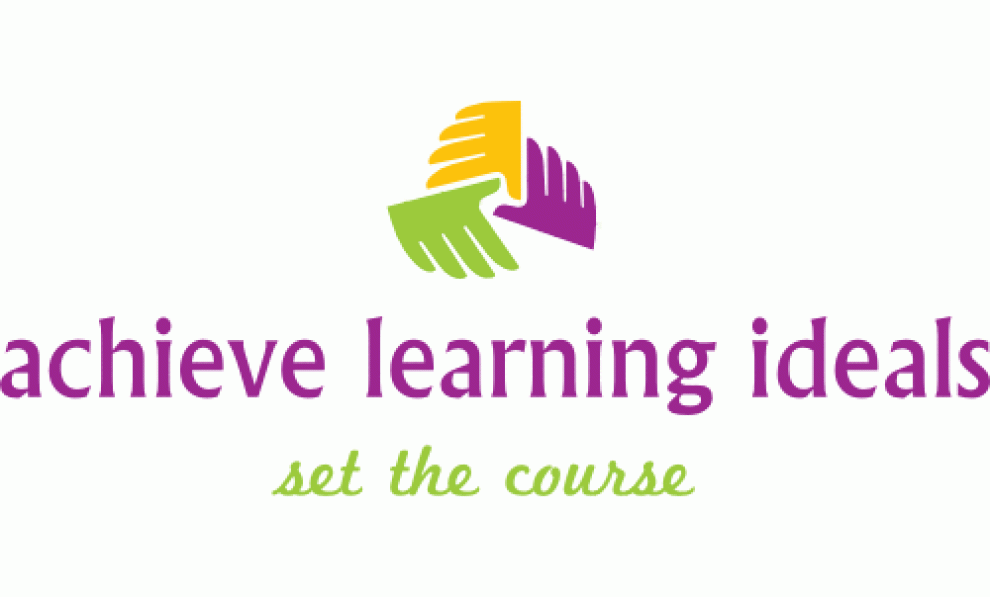Yeah, it is hard to resist forms of puns even in the summer time; and Grease is a movie that reminds me of what many students do experience during the summer- a total change of pace! And this is why it becomes extra important for us as educators to view the returning/incoming students with “Fresh Eyes” and not with expectations from which ever report some school official may have filed the previous year; it is also why as Educators we must view parents in the same light- a light that opens the classroom to the parent’s view, and allows for the “newness” of the new academic year.
P for personal
R for real
I for each of us
V for value
A for action
C for care
Y for yes- the thing that each of us expects-
At one point my classroom walls had an acronym for RESPECT, then I spoke with various students over the years and uncovered that for many Respect is demonstrated when Privacy is permitted; kids do have, especially from middle school on, a desire to discover their own personalities via “trial and error” and all the potential each finds, we, as Educators, have a responsibility to encourage! In 2016 when “Grease” the movie or the musical, and the 1950s and “Summer Loving” may seem to be taking a step backward in favor of “Star Trek Beyond” or “Ghostbusters (2016)” students are still having experiences that are neither academic nor necessarily quantifiable, during their “vacations” which for more and more students are amounting to less and less “free time” and instead do involve part-time or full-time jobs, travelling, or even academic work when students feel pressure to use every moment to gain a credit or pick up a dropped course … In sum, Summer Vacations may never have actually been “carefree” (1950s movie depiction) but they might continue to provide people with a chance to – for a little while- step out of the prescribed roles their regular academic social circle defines and allow both teachers and students to be just a little more daring, just a little more “themselves”; for teachers too tend to get typecast within the culture of a school, and today with global connections and online “PLNs” many of us as Educators are constantly happy to explore new aspects of teaching the “same curriculum even if newly labelled” via hearing how our contemporaries are sharing the knowledge and encouraging growth at their respective centers.
It is fun to – have a new positive experience, meet new people, work on a personal challenge, or even simply daydream for a lengthy while, minus the interruptions of the bell; and of course some of the summer experiences could be mis-educative, and instead of encouraging, point a person in the direction away from growth via instilling a little too much grit- sand paper wears something down if improperly applied!
So instead of the intro letter about “how I spent my summer” which used to be expected as the new litmus test to determine if students could remember how to write a paragraph or two, why not give the students a few weeks to jump right into the new classroom environment and to sign up for which ever extra curriculars the school is making possible, letting the students and the teachers reflect themselves on who they are meeting anew- that almost grown up “stranger” may actually be oneself, entering the classroom with a newer perspective as a more “open” educator- less ready to accept what the last set of teachers declared about a student and more curious to participate in the developing and refining of “this year” and who is before one- “Sandra Dee” or “John Travolta” or a variation of any character from Comic Con- real people still, and allow the students to share their feelings over the material you select for the “diverse” classrooms you will be teaching in; privacy also means that educators “Not Assume” so that when students are learning to show both empathy and understanding no one erroneously jumps in to suggest they must only have the personal at stake- more than likely they are actually showing that the learning is affecting them, allowing them to care about people beyond themselves and their narrow circle; we as Educators must remember to let kids change- isn’t this what real learning and evolving is meant to demonstrate?
In advance of 2016-2017- or if your place has already begun or is beginning the new Academic year- GOOD LUCK! Educators could always benefit from a dose of luck and a well stocked library!


